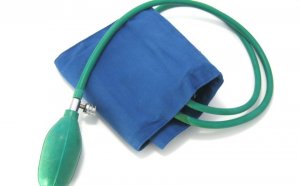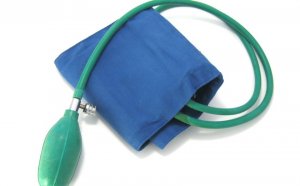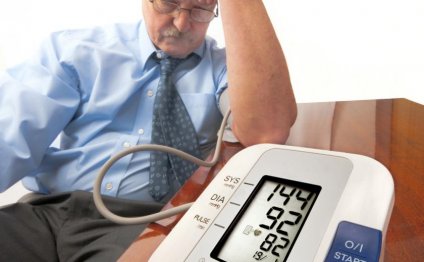
Are home blood pressure Machines accurate
Health care professionals recommend that adults have their blood pressure monitored regularly, but the accuracy of readings is clearly just as important as how often they are taken. Healthy blood pressure should be less than 120/80 mm Hg. However, one high reading does not mean the patient has hypertension. A recent study presented at ASN Kidney Week 2014 at the Pennsylvania Convention Center in Philadelphia has revealed that home blood pressure monitors can lead to inaccurate readings with up to 15 percent of users.
One out of every three Americans has high blood pressure. High blood pressure was considered a primary or contributing cause of death in around 348, 102 deaths in the United States out of over 2.4 million in 2009. Less than half of people with high blood pressure have their condition under control, and around one in five U.S. adults do not know they have high blood pressure. Risk factors include tobacco use, eating food high in sodium and low in potassium, lack of physical activity, excessive alcohol use, and obesity.
"Home blood pressure monitors may be inaccurate in five percent to 15 percent of patients, depending on the threshold for accuracy used, " Dr. Swapnil Hiremath, from Ottawa Hospital and the University of Ottawa, said in a statement. "We recommend all patients with home monitors get them validated with their health care providers at least once."
Hiremath and his colleagues recruited 210 patients who had both their systolic and diastolic blood pressure readings taken via home blood pressure monitors and validated mercury sphygmomanometers, the preferred method at hospitals and doctor’s offices. Results showed that 30 percent of systolic blood pressure readings taken by an at home monitor were 5 mm Hg different and eight percent were 10 mm Hg different compared to validated mercury sphygmomanometers. The same proportions for diastolic blood pressure readings were 32 percent and nine percent.
The American Heart Association recommends that people age 20 or older have their blood pressure screened at regular health care visits or once every two years. Although home blood pressure monitors are helpful, they should only be used in addition to regular monitoring by a health care provider. Doctors usually recommend using a home blood pressure monitor if the patients has been diagnosed with hypertension or pre-hypertension.
RELATED VIDEO

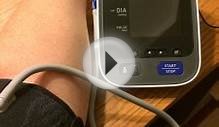
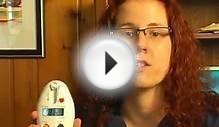
Share this Post
Related posts
Free blood pressure Machines
Blood pressure is the pressure that the blood exerts against the walls of the arteries as it passes through them. Pulse refers…
Read MoreStore blood pressure Machines
WBKR/Chad Benefield I suppose you could say, “This little Higi went to the market!” I was at Kroger over the weekend and…
Read More
